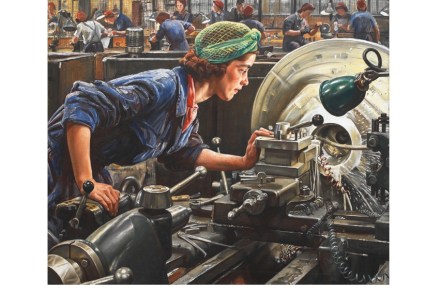The doctored woman
At face value, Asti Hustvedt’s Medical Muses is rather a niche tome, a faultlessly researched history of three female hysterics living in eighteenth-century Paris. However, it actually provides a broad and fascinating insight into the interwoven development of the arts and sciences during La Belle Époque – an age of rapid technological, medical and artistic











